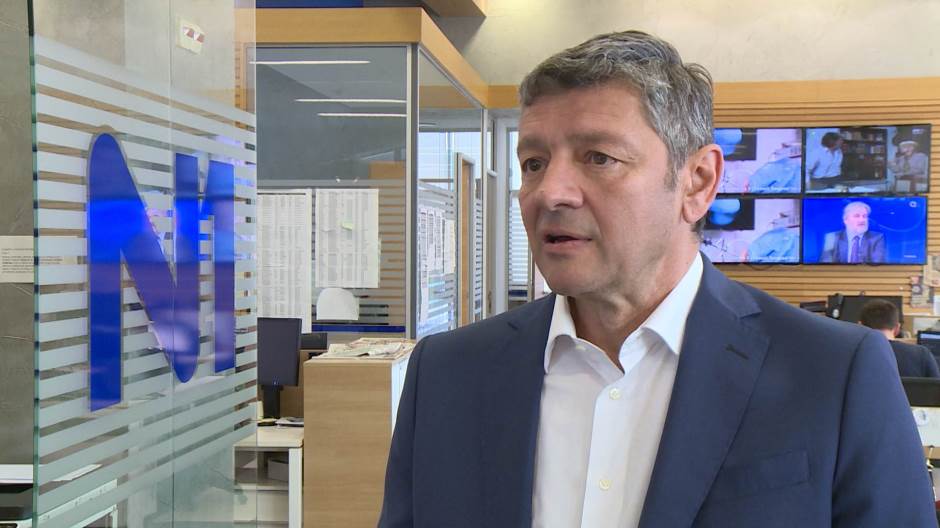
BELGRADE, 25.06.2019. – Jugoslav Cosic, the N1 Belgrade news Director, told the Cenzolovka website on Monday that Serbia’s journalists had been in the most difficult position when Aleksandar Vucic was Information Minister, and now during his presidency.
Since the day N1 TV went on air in 2014, the journalists of that media outlet have continuously been stigmatised by the top state officials including Vucic, Cenzolovka said.
Goran Vesic, the Deputy city’s, Mayor went a step forward claiming he had a copy of an N1 internal e-mail with alleged instructions to a journalist how to report on works in a street in Belgrade and accused N1 of waging a campaign against the city’s authorities.
N1 responded there was no written or oral instruction to wage a campaign against the Belgrade’s authorities, but that Vesic deliberately deceived the public and continued the attacks on N1, Cenzolovka said, while Cosic added Vesic was persecuting the TV’s journalists and threatening them.
“They can brand the weathermen for announcing rain and storm as obscurantists because their forecast is an attack on Aleksandar Vucic.”
The Special Prosecutor’s Office for High-Tech crime refused to open an investigation into Vesic’s allegations since “the conditions are not met.” However, the N1 legal team is preparing crime charges against Vesic for publishing the internal correspondence, Cenzolovka said.
“My first reaction to Vesic’s statement was that the state security service was intercepting our correspondence,” Cosic told the website.
But, he added, the almost daily threats with physical violence and branding N1 journalists as traitors and foreign mercenaries, would not discourage N1 staff.
Cosic said the accusations like Vesic’s were absurd but dangerous.
“The most difficult time (for journalists in Serbia) was when Aleksandar Vucic was Information Minister (1998-2000). But the worst after that is now when Aleksandar Vucic is Serbia’s President.”
“They can brand weathermen for announcing rain and storm as obscurantist because their forecast is an attack on Aleksandar Vucic. They rely on the fact that most of the audience cannot double-check anything since the regime controls the vast majority of the media and the flow of fake news and spins.”
In response to the question when it was the most difficult for journalists in Serbia, Cosic said it was never easy to do the job professionally, but “there were some differences.”
“The most difficult time was when Aleksandar Vucic was Information Minister (1998-2000). But the worst after that is now when Aleksandar Vucic is Serbia’s President,” Cosic said.
Asked about the top officials from the ruling coalition in Serbia constant refusal to come to N1, Cosic said the invitations were open, and that they would remain so.
“We cannot force them to come, but that is not the reason to change our professional ethics and the editorial policy,” Cosic said.
When asked who he considered the most responsible for deteriorating of media freedoms in Serbia, N1 Belgrade news director said that “the most responsible is Aleksandar Vucic personally.”
Cosic said that people from Vucic’s inner circle did not call him to react to the programme, but “they call our investors. The last example was when the Prime Minister (Ana Brnabic) media advisor called one of the United Group’s vice-presidents. She directed them to me and told them she would inform me about the call. I spoke about it publicly, and now I’m afraid that she might become the target of the campaign.”